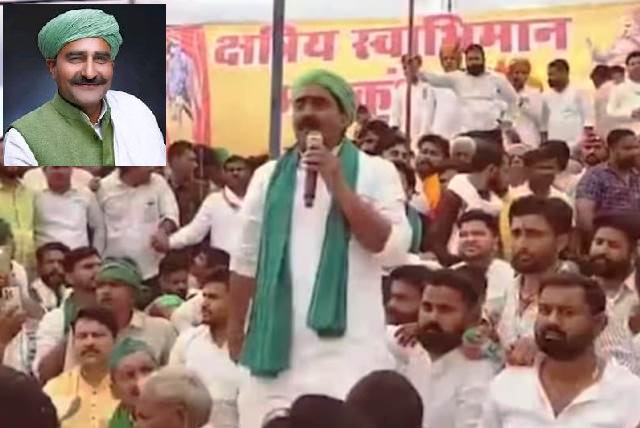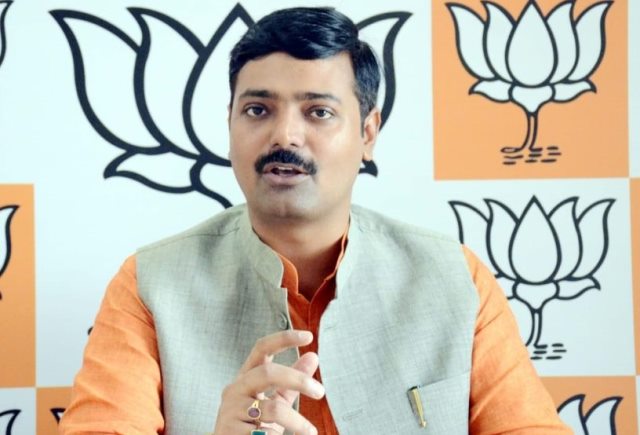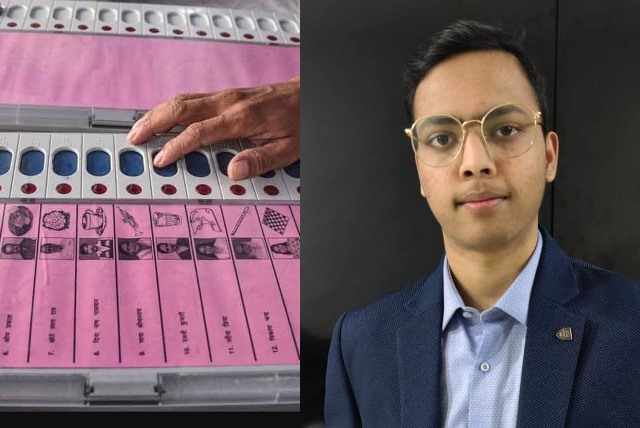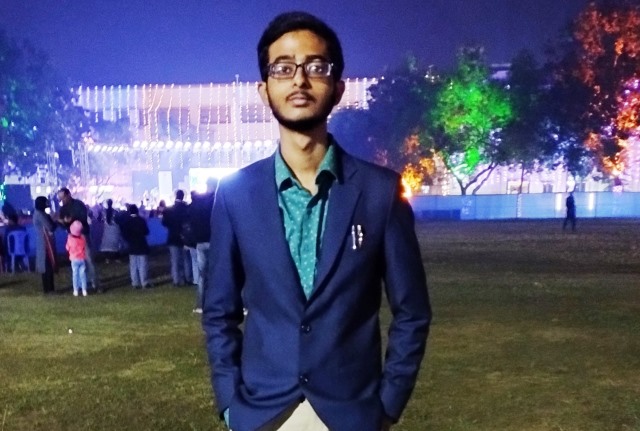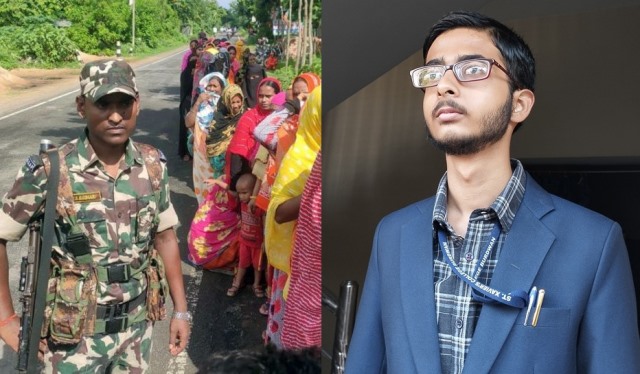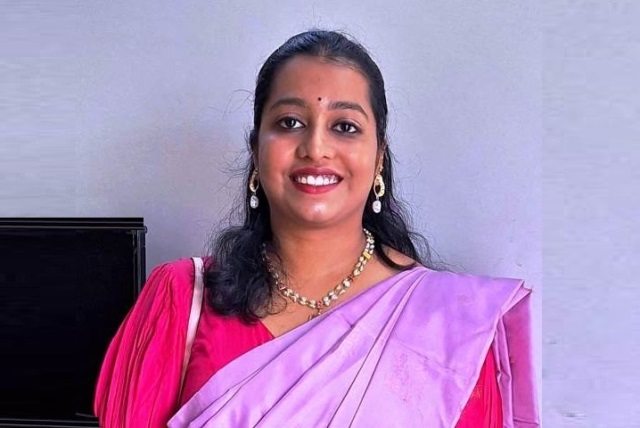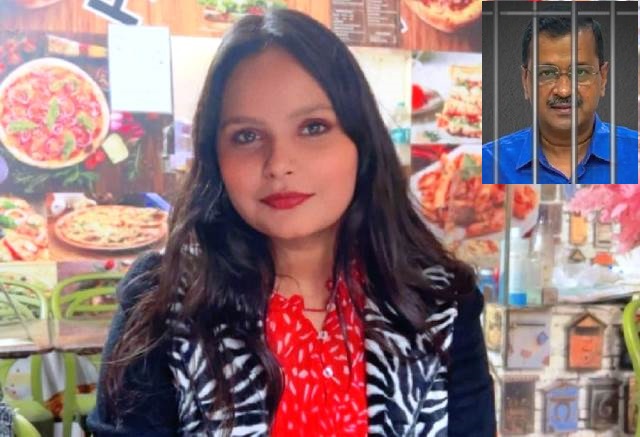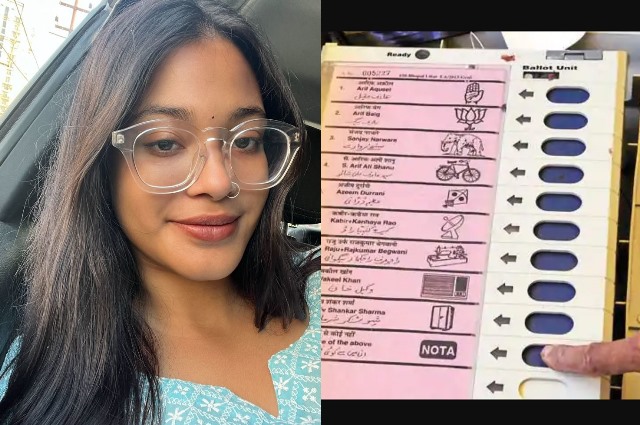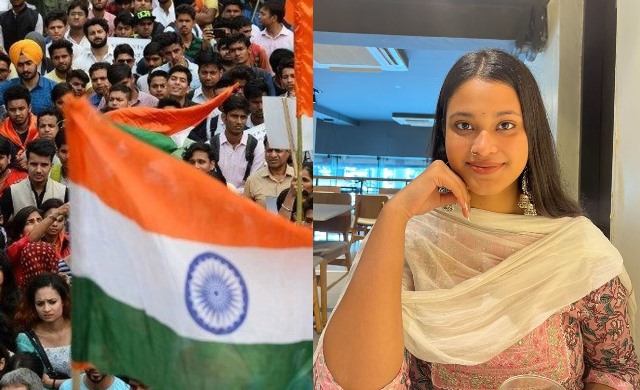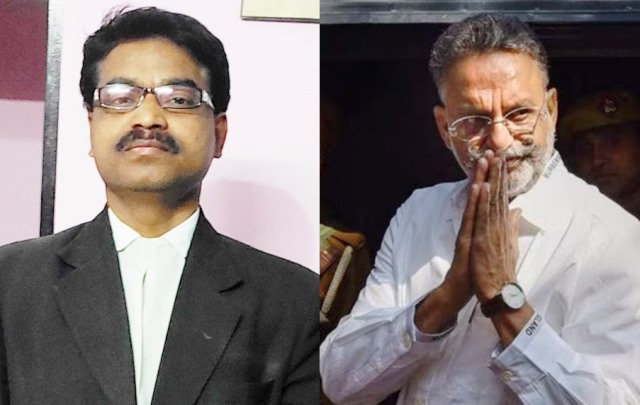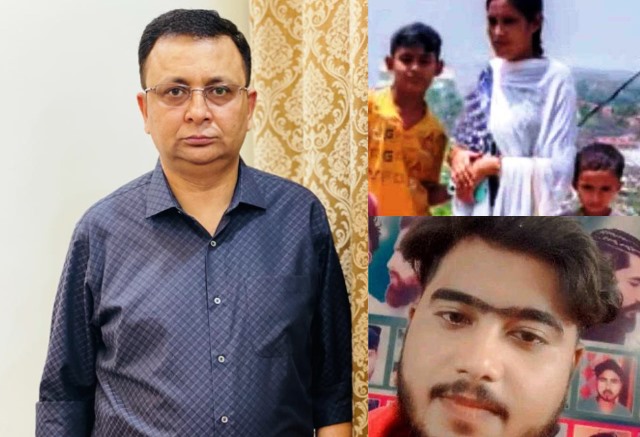Thakur Puran Singh, a farmer leader who has been spearheading the Kshatriya rebellion against the BJP in Uttar Pradesh, says Rajputs cannot be taken for granted. His view:
The Kshatriya community had been a traditional voter of the Bharatiya Janata Party for long, but the party has started mistaking us as their pet dog; the treatment they have given us suggests so. Therefore this is the time for the community to be united and demand for their rights. While many heavyweight leaders of the community like Rajnath Singh, CM Yogi Adityanath and others are being sent to pacify our anger, no action on ground has been taken by the party. Replacing General (retd) VK Singh (a Kshatriya/Rajput) with AK Garg (a Bainya) in Rajput dominant Ghaziabad was just a trigger, the pot had been simmering since long.
Party leaders like Noida MP Mahesh Sharma, Kairana MP Pradeep Chaudhary (a Gujjar) and many others have been openly involved in distortion of Kshatriya history with attributing Samrat Mihir Bhoj, the great ninth century Kshatriiya ruler as a Gujjar, Samrat Prithviraj Chauhan, the last king of Delhi as a Gujjar, Maharana Pratap as a Gujjar, Delhi’s founder Anangpal Tomar as a Jat, Rana Punja, a Solanki Rajput commander of Maharana Pratap, as a Bhil and Suheldev, a Bais Rajput king as a Rajbhar.
The derogatory statement of BJP minister and Rajkot candidate Parsottam Ruapala against the Kshatriya women is part of the anti-Kshatriya doctrine of the BJP and RSS. While they routinely abuse 15th century Jaipur ruler Man Singh to shame Rajputs, they have completely whitewashed the Maratha-Peshwa alliance with Mughal ruler Aurangzeb. To abuse the Rajputs on social media, the IT cell of the party has come up with a term ‘Mughalput‘, in spite of the fact that it was the Kshatriya kings who were the first line of defence against invaders for hundreds of years. The alliance of other community rulers are termed tactics, while we are straightforward termed as traitors despite of maximum number of sacrifices since time immemorial and highest number of Paramveer Chakras for the country in modern times.
The anti-Rajput doctrine confines the community to the great Maharana Pratap while continuing to abuse the dissenters as Jaichand. The fact is Jaichandra Gahrwar had nothing to do with Muhammad Ghori;s invasion, they have picked it up from Prithiraj Raso, which is a fictional literature and not a historical fact. Jaichandra was a great king who died fighting for his people and in fact had laden the erstwhile Ram Mandir with gold.
While home minister Amit Shah talks ill about Raja Man Singh, he ignores the last fact that the Peshwas had attacked Mewar to seek tax but were beaten back. The selective approach to demean and dehumanize Rajputs have reached the peak, its time to strike back with the power
of vote.
ALSO READ: A United Opposition Has Unsettled BJP
The Kshatriyas have been considered a traditional voter of the BJP, But gradually they have understood that they are rather being used as a Labrador, who only wags its tail and doesn’t even bark. The party has reduced our representation in Loksabha across the country with zero tickets in Gujarat and Jharkhand, a couple of tickets in Madhya Pradesh and Chhattisgarh, the areas where we have a substantial vote share. They have reduced our representation from 18-20 seats in UP to eight tickets. In west UP, where our population is over 10 per cent, we are the single largest voters after Muslims and Dalits. They have given just one ticket to the community in the area while appeasing Jat and Gujjar communities, who have far lesser representation in the state with a number of tickets in parliamentary and assembly elections as well as Rajya Sabha.
The BJP has snatched the future of Rajput youth, who predominantly choose to join the army by bringing Agnipath scheme. While the number of those who want to join the army dwindled due to the four-year clause bringing uncertainty to their future, the warrior culture of the community has been badly affected. There are villages of Rajputs like Gahmar in Uttar Pradesh and Bihar, Satha Chaurasi (literal meaning 60 and 84 villages) of Rajputs spread across Noida, Ghaziabad, Hapur and Bulandshahar are known are the army factory of the country with maximum number of soldiers and officers joining from these areas. The party has snatched the livelihood of the warrior farming community.
The government has also refused relaxation in EWS quota, where Rajputs are the least selected community due to the land and house clause. Being a farming community, the Rajputs have joint families in villages with some farming land and that is why they are refused the EWS benefit. These are the key reasons behind the Rajput rebellion. We want our dignity back, our history back, our jobs and equal representation.
As told to Deepti Sharma
